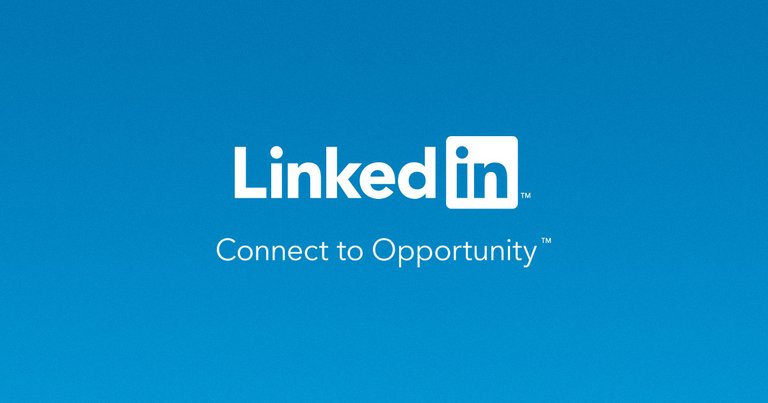LinkedIn, the Microsoft-owned social platform for the working world with some 530 million members, has made a big push in the last couple of years to position itself not just as a place to look for new jobs and network, but as a place for professional development — including services for online learning; steady streams of news and other content to expand your knowledge; and most recently help with building your resume. Today, it’s taking the wraps off the latest product in that effort: users in the US, UK and India will now be able to use LinkedIn to connect with mentors to help coach them on how to steer themselves in their careers, free of charge.
Career Advice, as the new product is called, is the full roll out of an online mentoring service that LinkedIn launched in a limited format this past summer, in San Francisco and Australia. The idea is to connect users with mentors who can help them figure out anything to do with their career, whether it’s ideas on how to find a new job, feedback for why they are not getting ahead or feeling satisfied at work, and maybe even to pivot to a new career altogether.

If you are in the three countries in the first wave of the rollout, to start using the service, you can click on this link, or go to your own LinkedIn Profile and look for the Career Advice tab on your dashboard (which sits about halfway down the page and in my opinion is not immediately easy to find).
You then go through a short script of questions to set out what it is that you are looking for — for example, in terms of goals, or whether you want someone in your geography or from your alma mater — and then you start to get recommendations of people who might fit the bill, who are presented to you in a series of Tinder-style swiping screens for you to choose as a potential match.

On the mentor side, LinkedIn also asks them to indicate their preferences for what kind of mentoring they would like to provide. For the limited release of Career Advice, LinkedIn has been proactively selecting mentors, although the longer-term plan is to make mentoring an option to anyone on the platform, Hari Srinivasan, head of identity products, told me during the test run.
Once you and a mentor match, you can then message each other, and either side can terminate the communication at any point.
For LinkedIn, launching this product is important for a few reasons.
First and foremost, it is filling a gap in the wider world of career development online. Today, job hunting has almost completely gone digital, as have many other aspects of our professional careers. While some people and workplaces are very proactive in developing mentoring relationships ‘in real life’ for the vast majority of us, this doesn’t exist.
And ironically, we’re probably now at a point as a working society where mentoring and getting advice on how to steer your career needs to exist more than ever before. The idea of a career for life, let alone a job for life, is not the norm for many people in developed economies, due in part to the pace of technological development, and in part to other economic factors like globalization.
LinkedIn’s own survey of 6,000 people aged 25-33 found the majority of them have faced a “quarter-life” crisis, and job anxiety is the number-one reason for this, with 61 percent putting this at the top of their list above financial or social woes. This is what LinkedIn believes it can address with its online mentoring service.
On a pure business level, the mentoring service is also a key development for LinkedIn in its wider strategy as a social network. When the company was still independent, its user growth had been slowing down in its mature markets.
The company has, of course, been ramping up its efforts to expand in developing countries (including — at long last — the launch of a pared-down Android app), but to grow in another way, it’s been tinkering with many more ways to improve engagement with the users it already has. LinkedIn, at its core, still feels like the kind of platform that most people only use when they have to — that is, when they may be changing jobs. And this is another way of trying to get those users to come to LinkedIn because they want to.
Last but not least, the third reason LinkedIn needs to start getting a little more creative with its services is because its competition is not sitting still. Google just today updated its own job listings search. And it’s not the only one. We reported earlier this year that Facebook, which has been doing a lot more with job ads, also seems to be looking at ways of matching up mentors with those in need of career guidance.
With the Facebook network much more geared at people conversing with each other, and already successfully luring people in to look at their Timelines on a regular basis — it now has over 2 billion monthly active users, and nearly 1.4 billion daily active users — LinkedIn needs to lock down its place here, before someone else takes on the role for them.
Hi! I am a robot. I just upvoted you! I found similar content that readers might be interested in:
http://kwotable.com/2017/11/15/linkedin-rolls-out-its-career-advice-mentoring-program-to-us-uk-and-india/